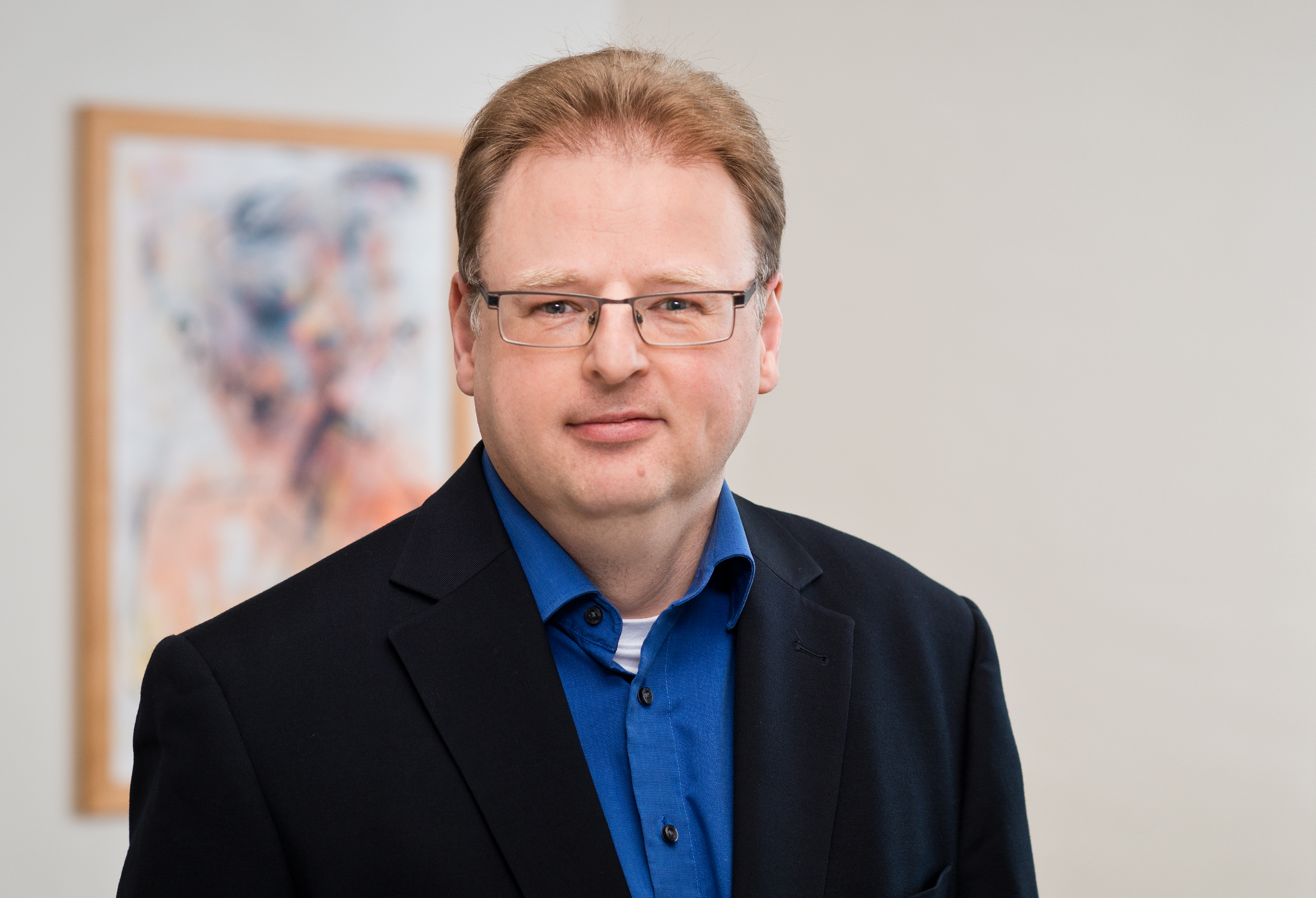
09
Compnet-EBRD Workshop on Localisation and Productivity
The aim of this workshop is to dig deeper into localisation economies and associated productivity gains. The increasing availability of new cross-border databases at the firm level and of micro-level databases at the firm and individual levels creates the opportunity to analyse localisation economies in novel settings.
Wer
Wo
Localisation can be described as organising business or industry in local areas rather than nationally. It is a type of external economy of scale that translates into productivity gains for companies that are located close to each other. Such productivity-enhancing externalities arise from input sharing, a common labour market, knowledge spillovers, and high-quality infrastructure.
We are especially looking for researchers interested in presenting their work based on such new databases. We also want to encourage researchers to submit papers taking different perspectives on localisation. On the one hand, a firm’s decision to locate in a certain area can affect its exposure to localisation economies and be driven by existing policies and the local competitive environment. On the other hand, strategic interactions between firms may have implications on local labour markets and the ability of local infrastructure to cope. We are interested in understanding how localisation can help aggregate productivity growth as well as identifying the potential pitfalls for policy.
The workshop will be divided into three sessions with each of them addressing a different dimension of localisation economies: innovation, global value chains and migration. Consequently, we are looking for papers addressing localisation economies in the context of at least one of these three main topics.
Innovation – This session is dedicated to the links and relationships between localisation, innovation, management practices, and productivity. Are companies more likely to innovate or adopt industry-best management practices in localised economies? When does the adoption of new technologies and production processes lead to more productivity gains? Do innovation spillovers occur through mobility of inventors and managers, or does local product market competition play a bigger role? Is productivity of domestic firms, especially SMEs, enhanced by FDI spillovers in the context of geographical proximity? Are there any different influences of distance decaying effects from FDI in services and FDI in manufacturing on domestic firm’s productivity? Does social and economic network matter to innovation and technical change?
Global value chains – Localisation economies play a big role across the whole value chain and especially in helping original equipment manufacturers increase their scale. How can local agglomeration help suppliers move higher up in their contribution to value added? Should policy focus on horizontal policies such as the quality of infrastructure that affects all firms similarly, or is there room for more targeted policy-making?
Migration – This session will explore insights on how local geography, cities, infrastructure and economies of agglomeration affect or are affected by internal and external migration. How can companies best leverage human capital in cities with different levels of population density and composition of skills? What are the best ways to equip cities for absorbing internal and external migrants? Can local geography and urban development explain variations in productivity and incomes?
Beata Javorcik (University of Oxford) and Bob Koopman (WTO) already confirmed their participation.
Paper Submission
- Papers submission by 15 July 2018 via secretariat@comp-net.org
- Accepted papers notification by 31 July 2018
- Draft program by 15 August 2018
Mode of the Conference
Presentation of Paper (max 30 min), Discussions in the end of every session
Organisation Committee
Marco Christophori, Filippo di Mauro, Lucie Newman, Daisy Nguyen
Programme Committee
Çağatay BIRCAN, Ralph DE HAAS, Filippo DI MAURO, Reint GROPP, Gianmarco OTTAVIANO
Ihr Kontakt

Wissenschaftlicher Mitarbeiter
Für Rückfragen stehe ich Ihnen gerne zur Verfügung.
+49 345 7753-709 Anfrage per E-Mail




